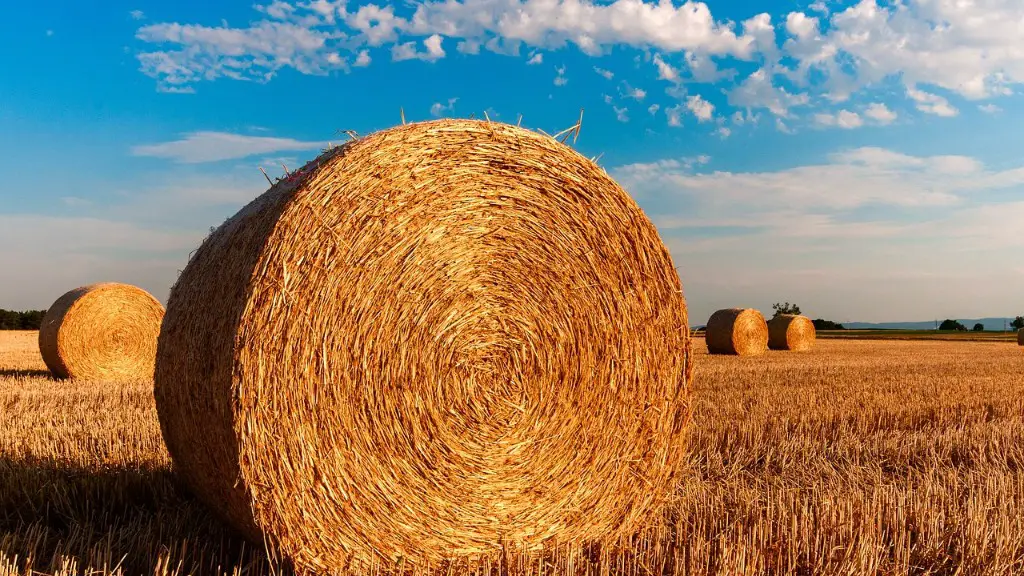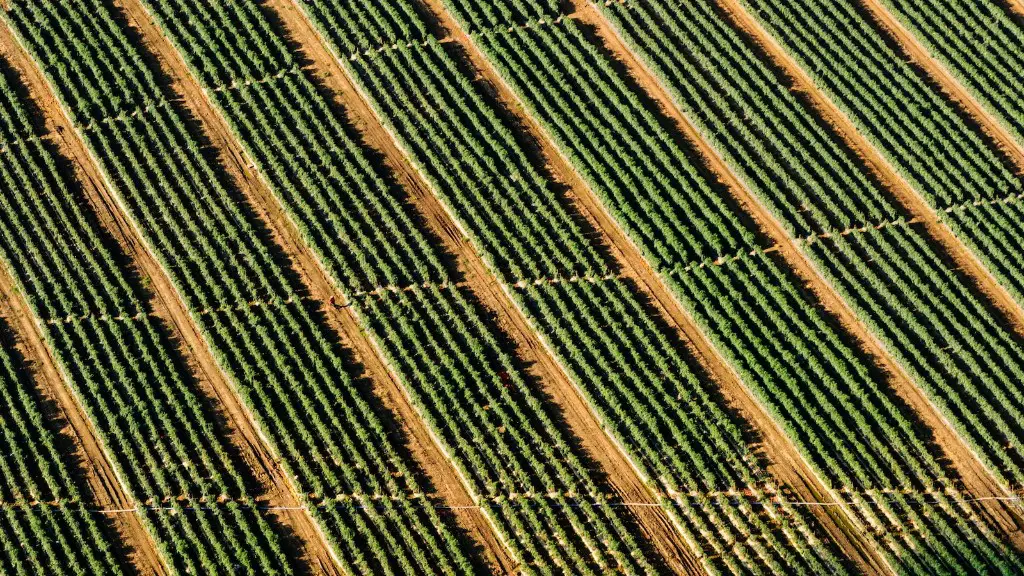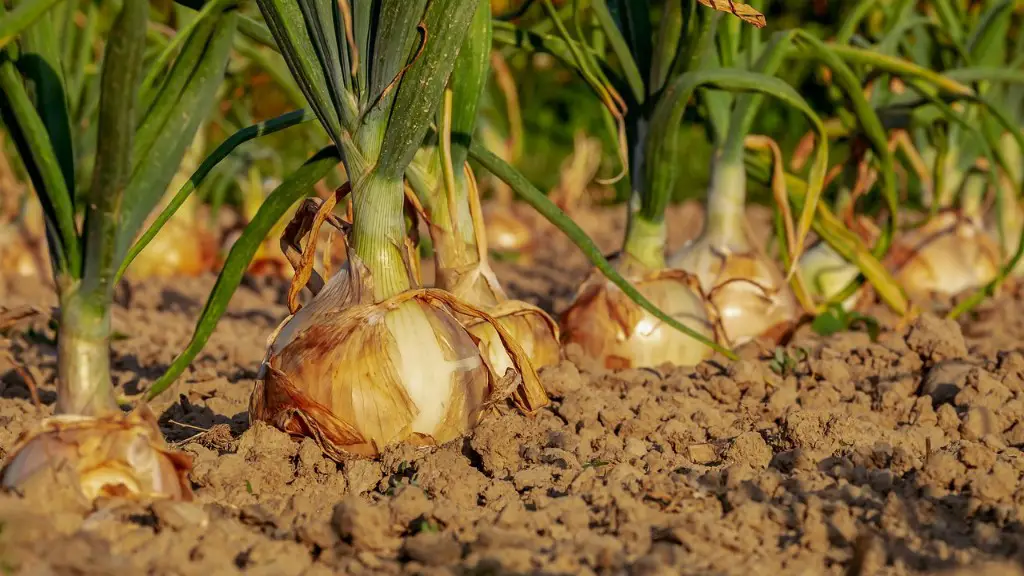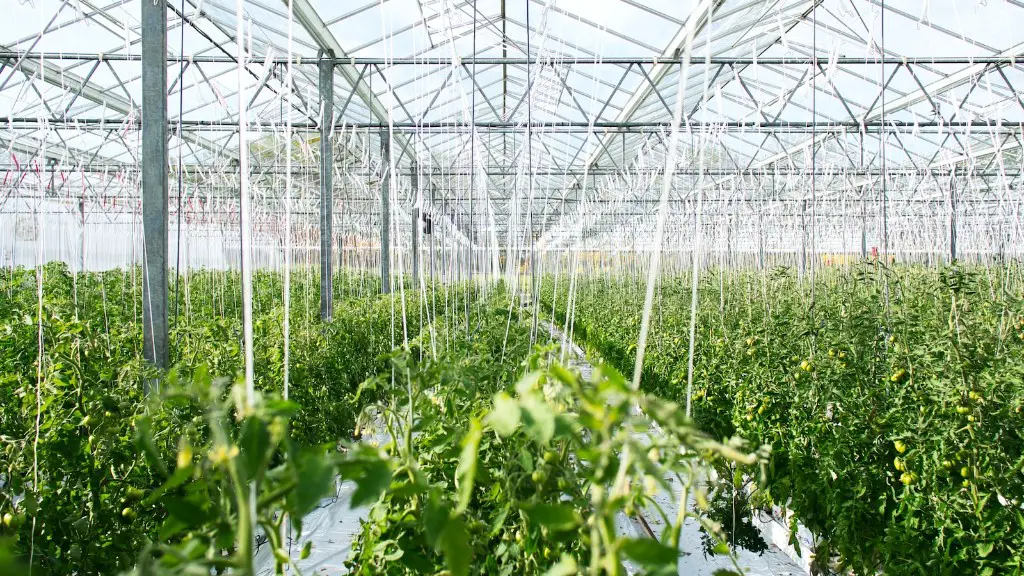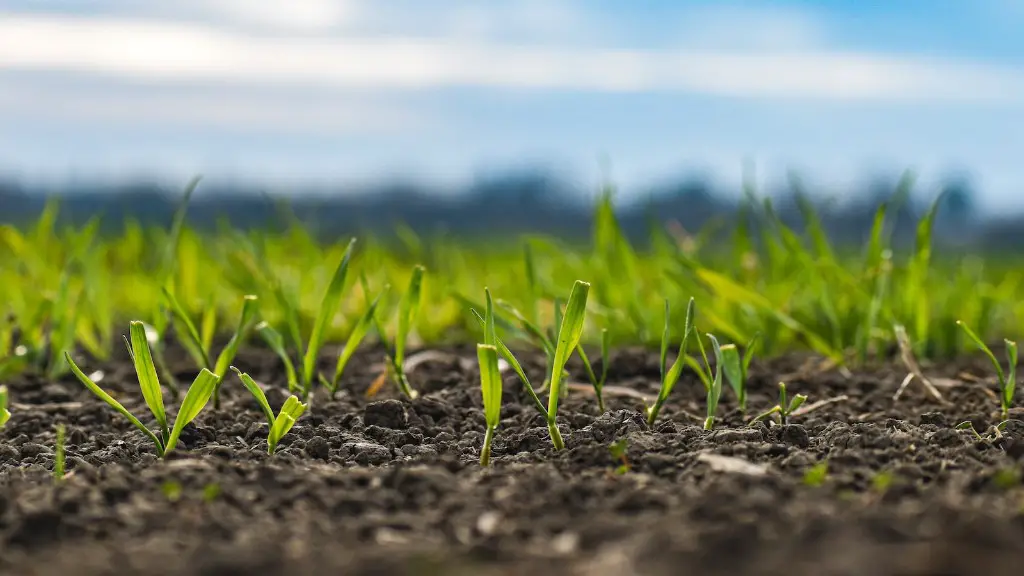Irrigation was one of the most important aspects of agriculture in Mesopotamia. The land in Mesopotamia was very dry and arid, and without irrigation, it was very difficult to grow crops. With irrigation, farmers were able to water their crops and keep them alive.
Irrigation was important to agriculture in Mesopotamia because it allowed for a more reliable supply of water for crops. Irrigation also helped to control weeds and pests, and it made it possible to grow crops in areas that might otherwise be too dry.
Why was irrigation important to the Mesopotamians?
The Mesopotamians created irrigation systems to protect against damage from too much or too little water and to ensure a stable supply of water for crops and livestock. These systems were created using a series of canals and dams that controlled the flow of water and allowed the Mesopotamians to irrigate their crops and water their livestock.
Irrigation in arid areas is essential to agriculture for two reasons: supplying water for plant growth and transport essential nutrients, and leaching or diluting salts in the soil. Without irrigation, agriculture in these areas would be impossible.
Why was agriculture important in Mesopotamia
Mesopotamian agriculture was very efficient and allowed for a large population to be supported. The agricultural production allowed for the development of cities, states, and empires. The agricultural production was based on irrigation and the use of technology. The agricultural production allowed for the growth of crops, the raising of livestock, and the production of food.
The Mesopotamians developed irrigation systems in order to control the water during the yearly floods. These systems distributed the water to the fields for watering the crops and provided freshwater for livestock.
What was the most important purpose of irrigation?
The main goal for irrigation is to provide plants with the proper amount of water at the best time. Adequate soil water will influence the entire growth process from seedbed preparation, germination, root growth, nutrient utilization, plant growth and regrowth, yield, and quality.
The beginning of irrigation agriculture in Mesopotamia is thought to date to the sixth millennium BC (see Table 2). This was a time when the climate was much wetter than it is now, and the land was covered in marshland and swamp. The first farmers began to drain the land and cultivate it, using irrigation to water their crops. This allowed them to grow crops in areas that were previously uninhabitable, and to produce larger yields than before.
What was the irrigation system in Mesopotamia?
Mesopotamian irrigation was first conducted by drawing water from the Tigris-Euphrates river system directly onto the fields using small canals. They also used Shadufs, which are crane-like water lifts that have existed in Mesopotamia since 3000 BC.
Irrigation is a vital tool for growers across the globe. It helps to ensure that crops get the water they need to grow and flourish, even in dry conditions. Additionally, irrigation can help to keep landscapes looking fresh and green, and can revegetate disturbed soils.
There are many different types of irrigation systems, from simple hand-held sprinklers to large, complex systems that span acres. No matter the size or complexity of the system, all irrigation systems share one common goal: to deliver water to crops in an efficient and effective manner.
Why is irrigation important short answer
Irrigation is essential for the absorption of nutrient elements by the crop plants from the soil. The irrigation water tends to dissolve the nutrients present in the soil of a crop field to form a Solution. This Solution of nutrients is then absorbed by the roots of crops for the development of the plants.
The Mesopotamians were likely the first to use the wheel. By 3000 BCE, they had invented the plow and a plow seeder. This allowed them to farm more land more efficiently, which likely led to their success as a civilization.
What was the most important factor in making Mesopotamia’s farmland?
The fertile silt that was brought to the land by the floods on the Tigris and Euphrates rivers made the land ideal for farming. The first farm settlements were established in Mesopotamia around 7000 BC. These settlements allowed for the development of irrigation systems and other agricultural innovations that allowed the civilization to thrive.
The people of Mesopotamia developed a sophisticated system of irrigation in order to ensure that their crops would grow. They would supply controlled amounts of water to plants at needed intervals, which meant that they had to manually water their plants. This system allowed the people of Mesopotamia to thrive in a desert region.
Why was irrigation important in ancient civilizations
Irrigation is a process of providing water to dry or arid land. It has been used for thousands of years by ancient civilizations to provide water to fertile lands. Irrigation can be done manually or using machines. It is a vital process in agriculture as it helps to increase crop yield.
Without irrigation, farming would be limited to areas where rainfall was sufficient to support crops. This would have resulted in a much smaller population and less food production. With irrigation, though, crops can be grown in areas with little rainfall. This has led to a huge increase in food production and a corresponding increase in population.
What were the main features of Mesopotamian agriculture?
Mesopotamian farmers were some of the earliest to cultivate a variety of crops in their gardens. According to the British Museum, early Mesopotamian farmers’ main crops were barley and wheat. However, they also grew a wide variety of other crops in their gardens, including beans, peas, lentils, cucumbers, leeks, lettuce and garlic, as well as fruit such as grapes, apples, melons and figs. This diversity of crops allowed the farmers to have a reliable food supply throughout the year, ensuring that they would not go hungry during times of scarcity.
An irrigation system is a wise investment for any home with a lawn or garden. It can save you time, water, and money, while also adding value to your home. Additionally, an irrigation system can help reduce weeds, fungus, and plant diseases, and preserve valuable soil nutrients. Lastly, an irrigation system can improve the aesthetics of your lawn and garden.
What are the advantages of having irrigation system in your farm
An irrigation system is a great way to keep your yard, plants, and trees healthy and strong. With a well-designed system, you can be sure that your grass and plants are getting the right amount of water, which can help to prevent problems such as drought.
Irrigation is an essential tool in agriculture, as it allows farmers to grow crops in otherwise arid or uncultivable land. Without irrigation, many areas of the world would be unsuitable for agriculture, and food production would be severely limited. In places where rainfall is insufficient or unreliable, irrigation can provide a much-needed supplement, ensuring that crops receive the moisture they need to grow. In other cases, irrigation may be used to increase production beyond what is possible with natural rainfall alone. Irrigation is a complex and critical component of modern agriculture, and has played a vital role in supporting the world’s burgeoning population.
Warp Up
Mesopotamia is a land of great contrasts. It has some of the driest desert conditions on Earth, as well as verdant oases fed by rivers. Because of this, irrigation was crucial to the development of agriculture in the region.
Irrigation allowed farmers to growing crops in the otherwise dry climate of Mesopotamia. The most common form of irrigation was simply diverting water from a river into canals that ran to the fields. This allowed farmers to water their crops even during periods of drought.
In addition, irrigation allowed farmers to grow crops on a larger scale. With a reliable source of water, they could plant more crops and reap higher yields. This made agriculture a more viable occupation, and allowed for the development of larger settlements.
Irrigation also had a significant impact on the development of Mesopotamian civilizations. The need to cooperatively manage irrigation systems promoted social and political cohesion. The surplus of food that irrigation made possible allowed for the development of more complex civilizations. In sum, irrigation was essential to the development of agriculture in Mesopotamia, and played a key role in the rise of Mesopotamian civilizations.
Irrigation was a vital component of Ancient Mesopotamian agriculture. The vast majority of the region is arid or semi-arid, and rainfall is irregular. Without irrigation, the crops would have failed and the people would have starved. irrigation systems were used to water the crops and to store water for times of drought. These systems were complex and required a great deal of planning and engineering.
